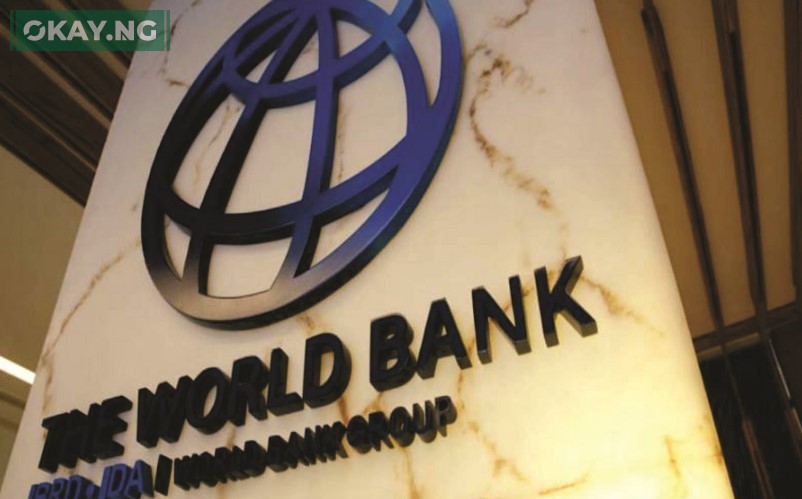The World Bank has approved $750 million in new loans for Nigeria to expand broadband infrastructure and strengthen health security systems.
The funding includes $500 million for the Building Resilient Digital Infrastructure for Growth in Nigeria (BRIDGE) project and $250 million for the Health Security Programme in Western and Central Africa, Nigeria – Phase II.
The BRIDGE project, led by the Ministry of Communications, Innovation and Digital Economy, will expand broadband access in underserved areas through a $1.6 billion rollout plan. Communications Minister Bosun Tijani said it represents Nigeria’s most ambitious digital infrastructure drive, extending fibre coverage to over 125,000 kilometres with national, regional, and city-level networks.
The Federal Government will hold a 51 per cent equity stake in a Special Purpose Vehicle managing the expansion, with the remainder funded by concessional loans and private capital.
The $250 million health programme, coordinated by the Nigeria Centre for Disease Control and Prevention, aims to improve surveillance and emergency response mechanisms to tackle pandemics and health crises across the region.
The World Bank said the initiative reflects lessons learned from COVID-19 and other outbreaks, stressing the need for resilience in West and Central Africa.
Nigeria has secured $8.4 billion in World Bank loans across 15 projects since mid-2023. However, concerns over rising debt persist. Economist Dr Aliyu Ilias warned Nigeria’s debt stock, now near N149 trillion, risks crowding out funding for public services.
Analyst Adewale Abimbola countered that concessional borrowing for revenue-generating projects could be beneficial if accountability is ensured.
Figures from the Debt Management Office show Nigeria’s debt to the World Bank stands at $18.23 billion, accounting for 40 per cent of the nation’s external debt.







